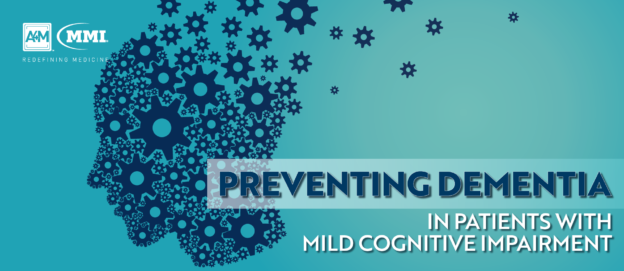Celebrated as National Alzheimer’s Disease Month, the month of November is recognized as a nationwide opportunity to raise awareness for those afflicted with the disease. Currently, there are an estimated 5.8 million Americans living with Alzheimer’s disease (AD) – the 6th leading cause of death in the nation. Alzheimer’s disease has seen a dramatic increase in mortality rate of 145% since the year 2000 and continues to grow in incidence.
Although AD mostly affects individuals over the age of 65, early-onset Alzheimer’s may be more prevalent than previously thought, occurring at a rate of close to 6%, rather than the 1-2% rate presumed from prior studies. The number of Americans suffering from Alzheimer’s is growing quickly; projections forecast that by 2050 the number of people living with AD in the United States will grow to approximately 14 million.



